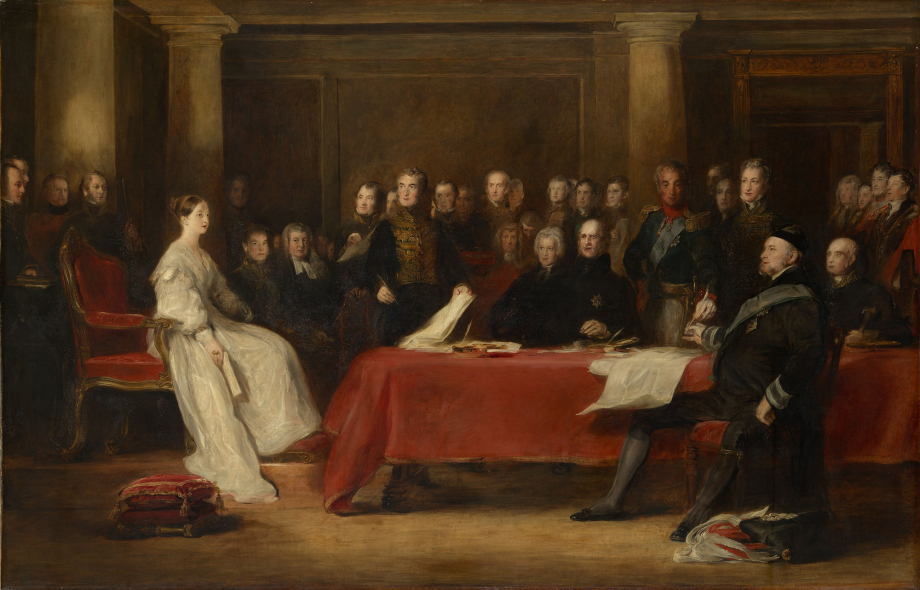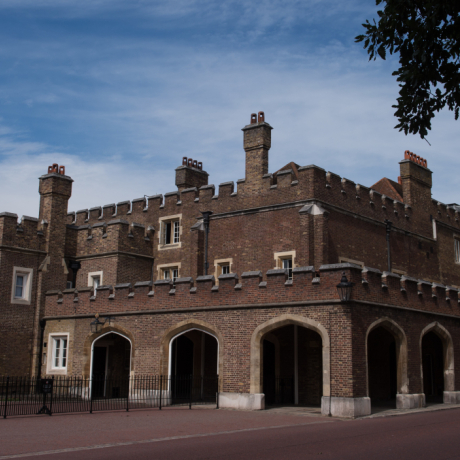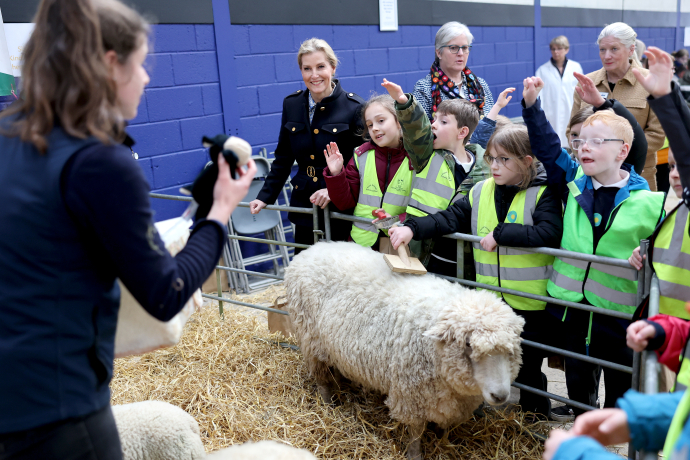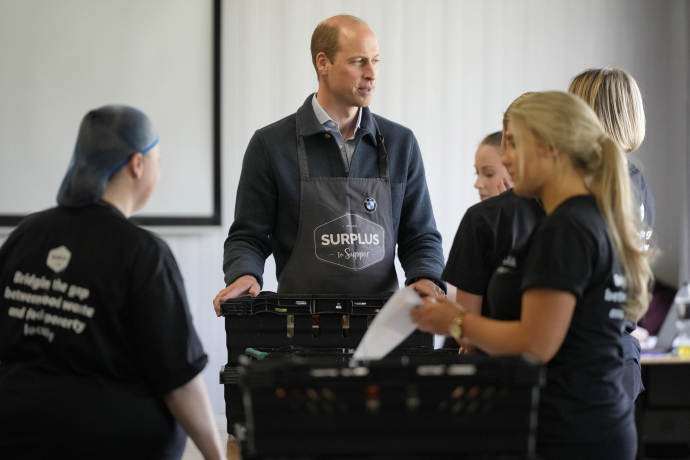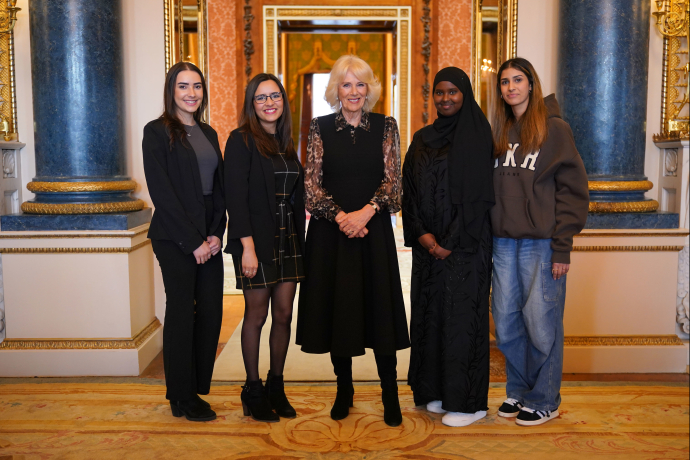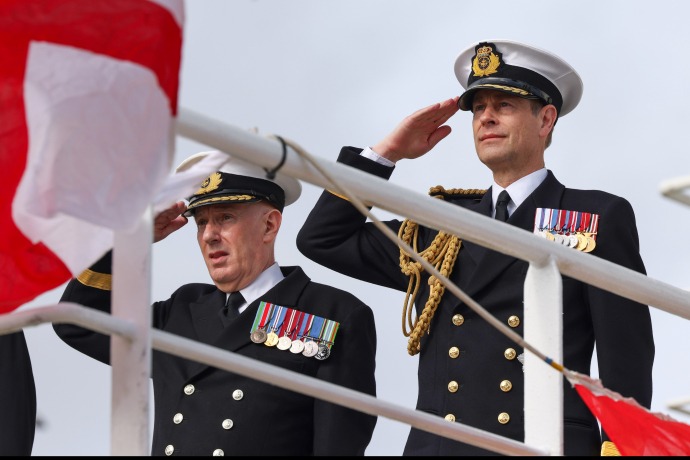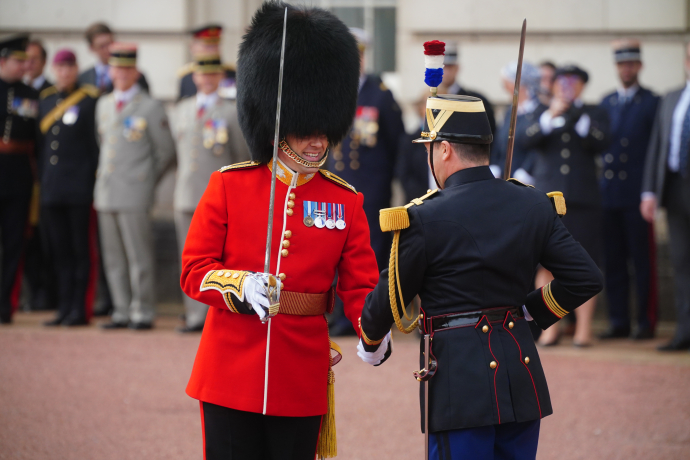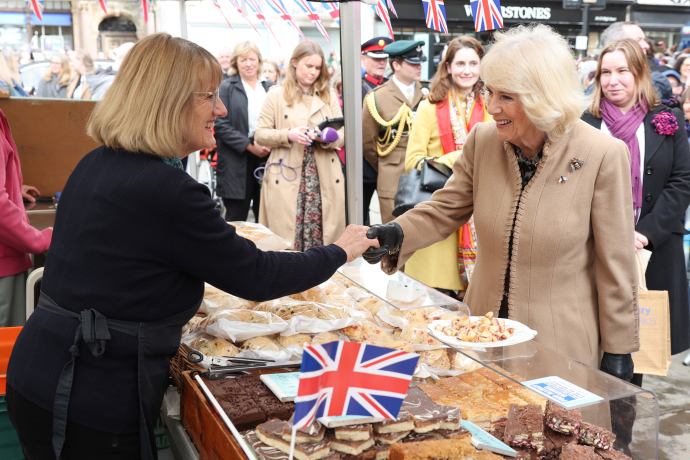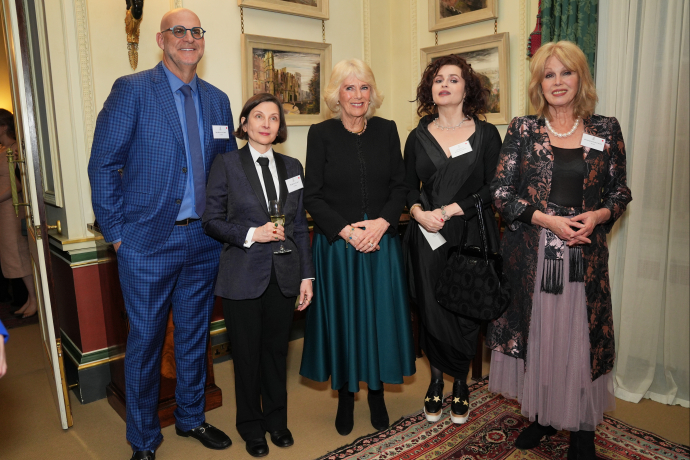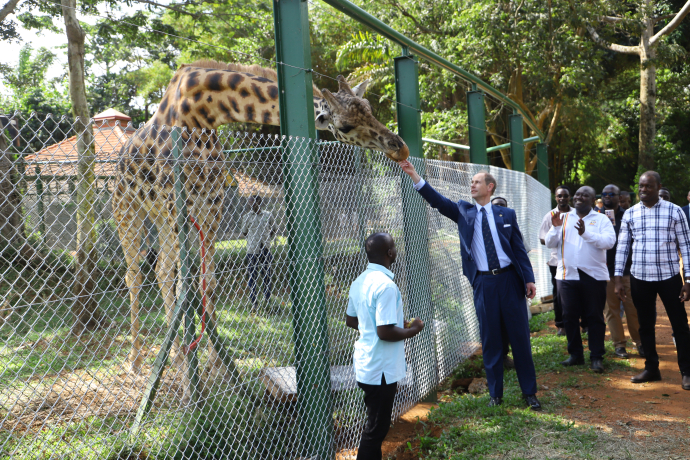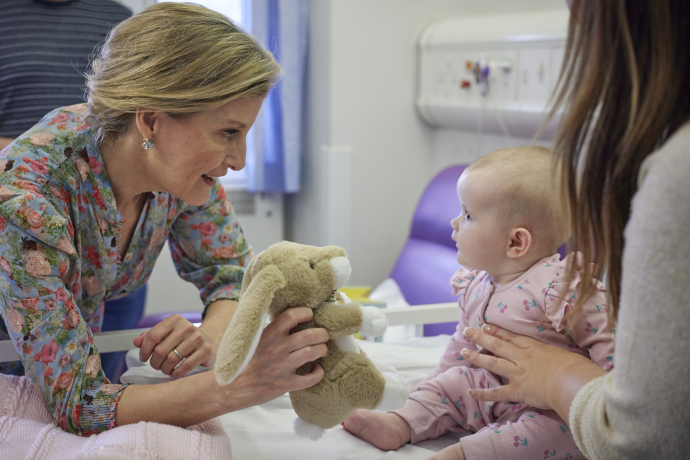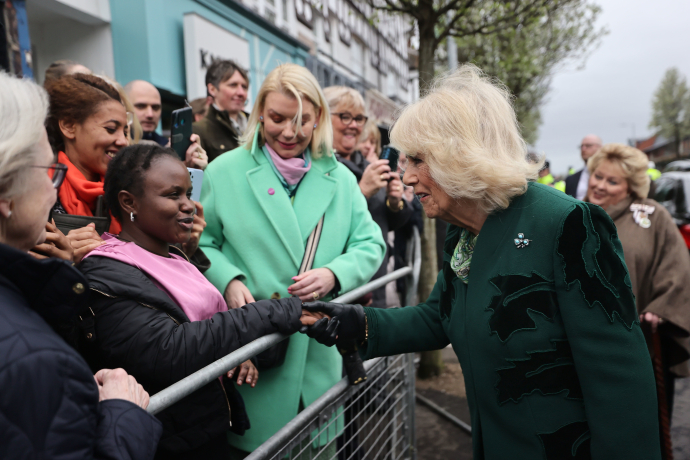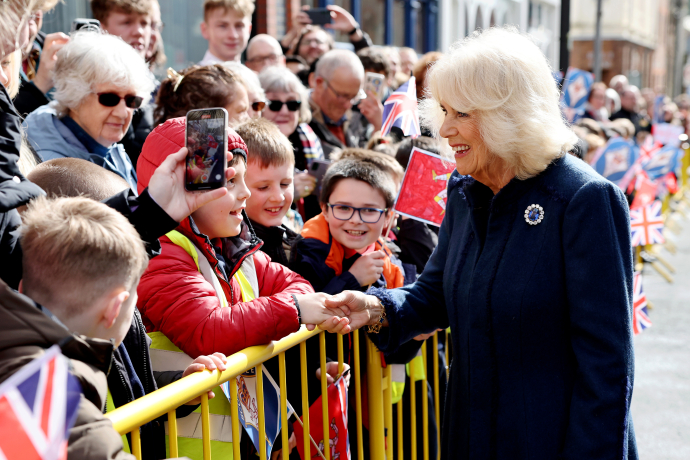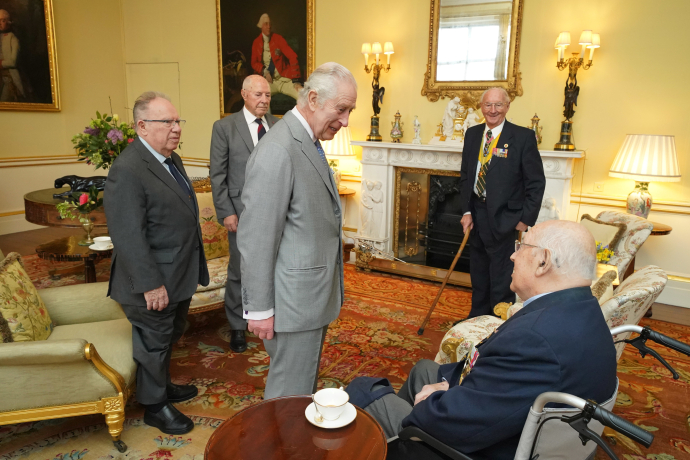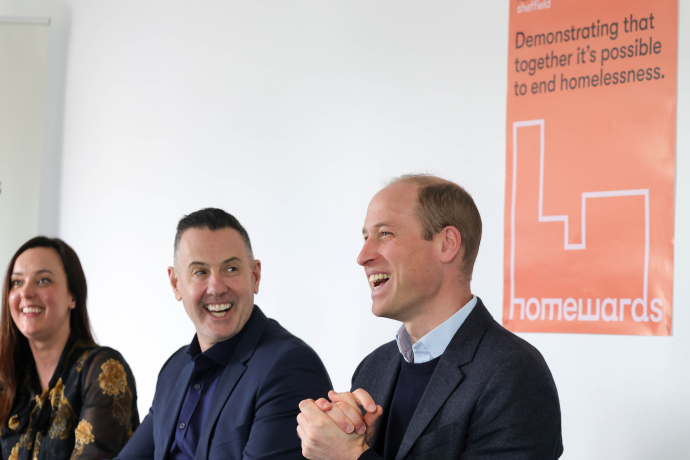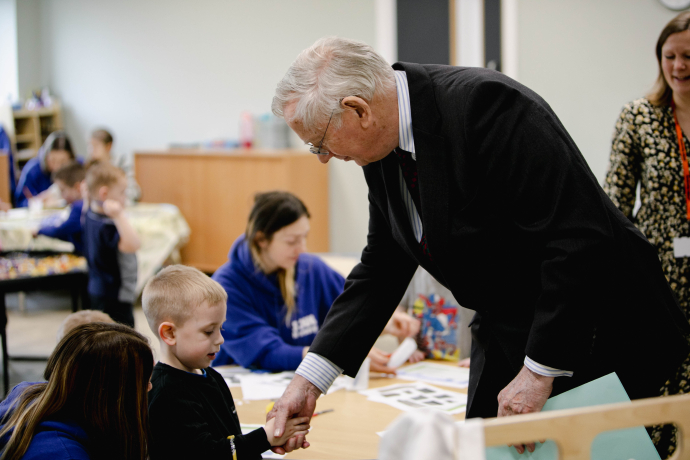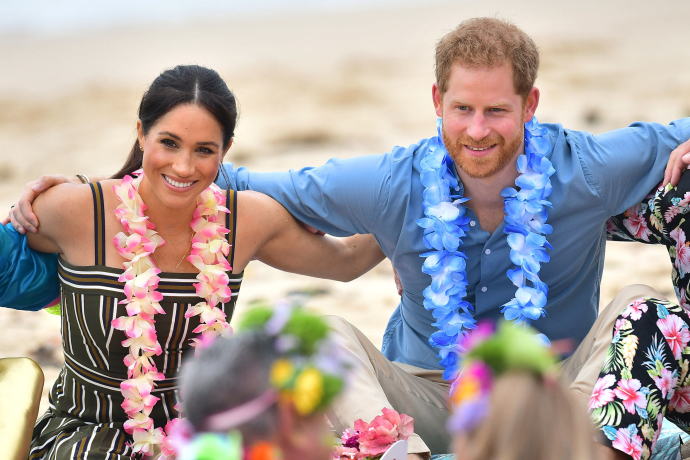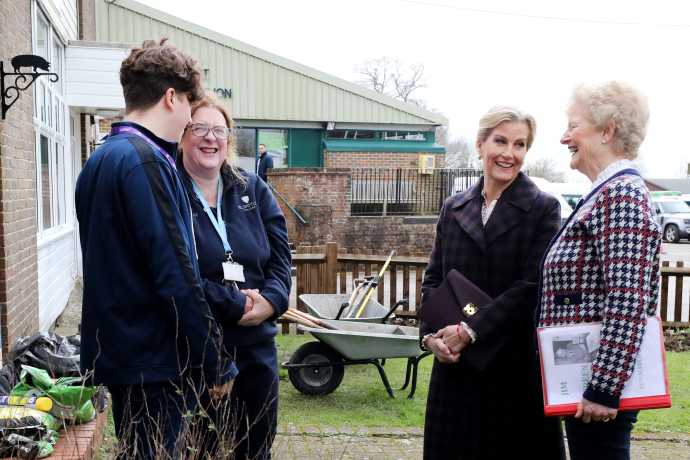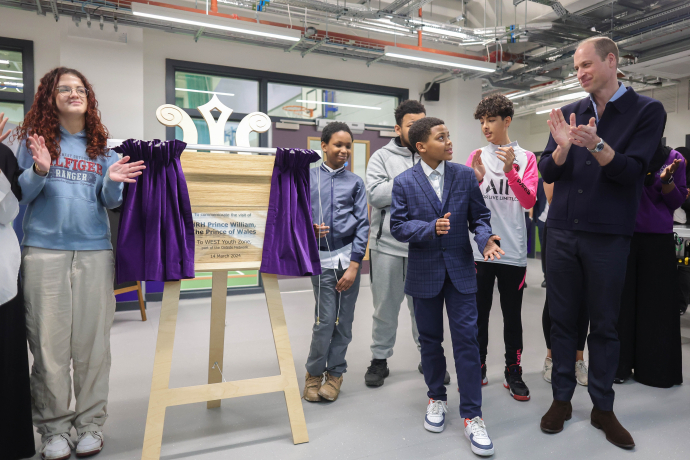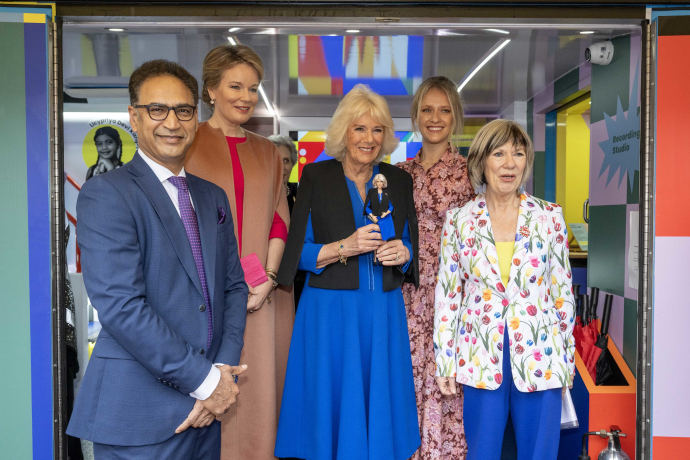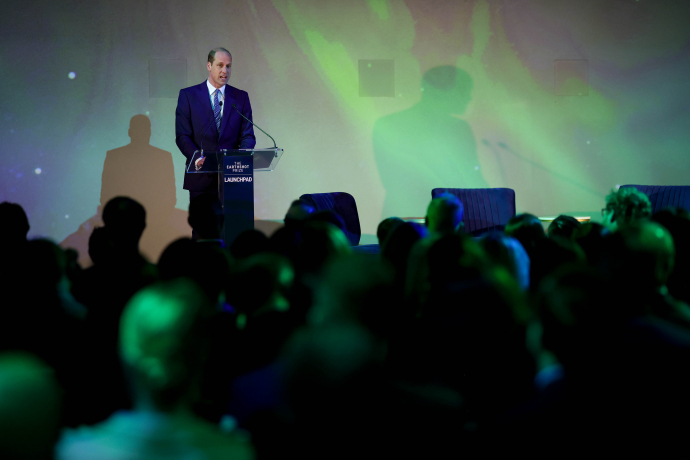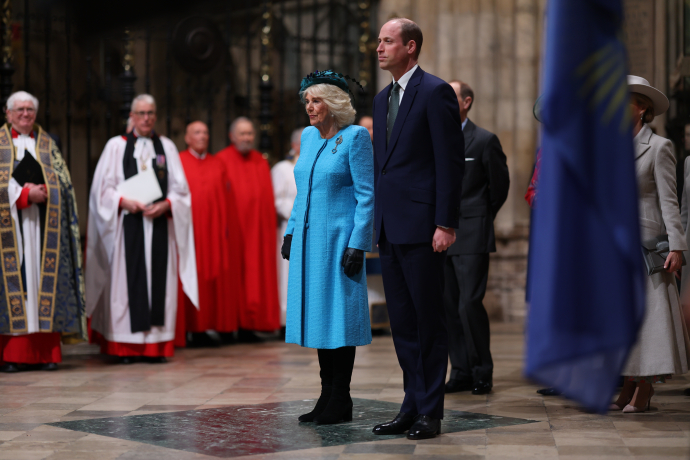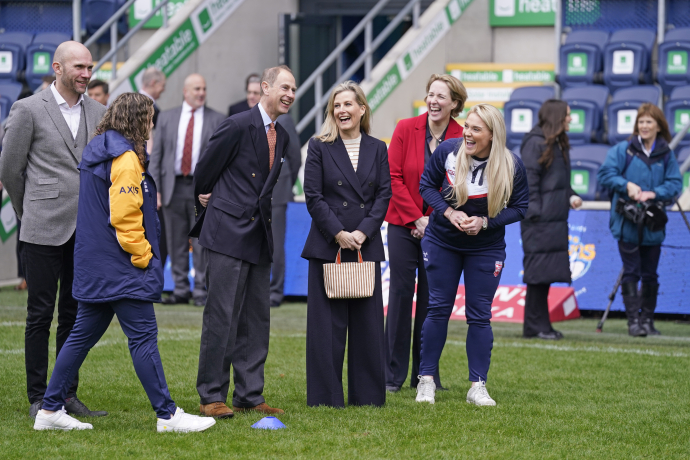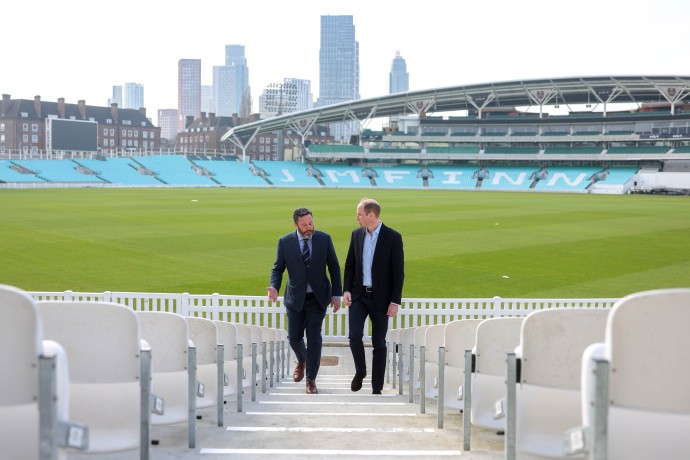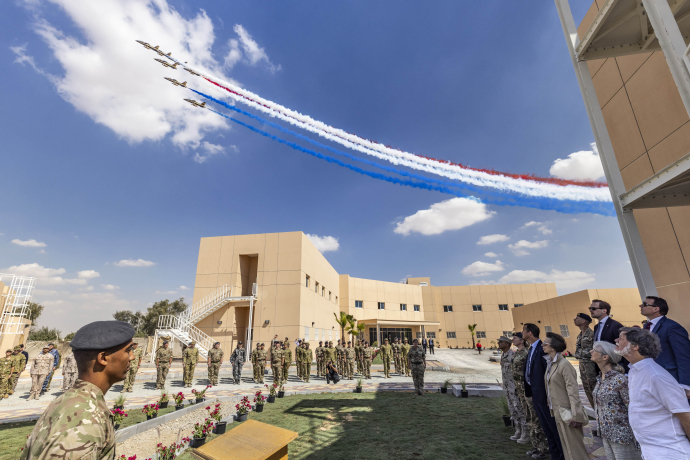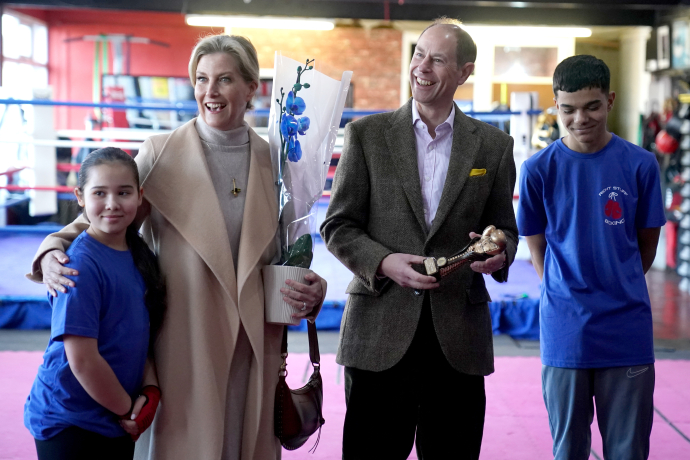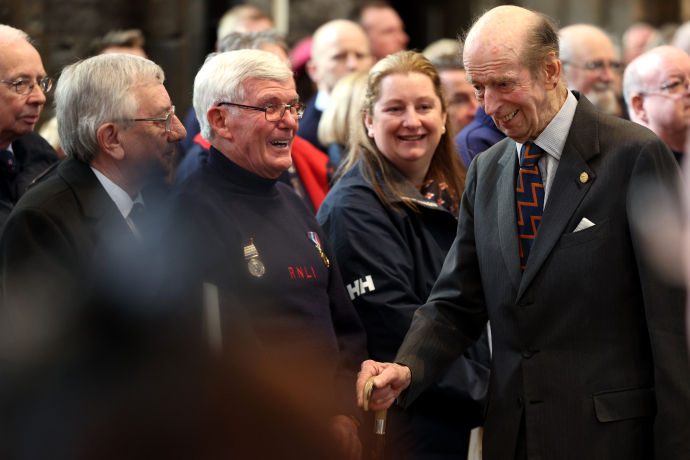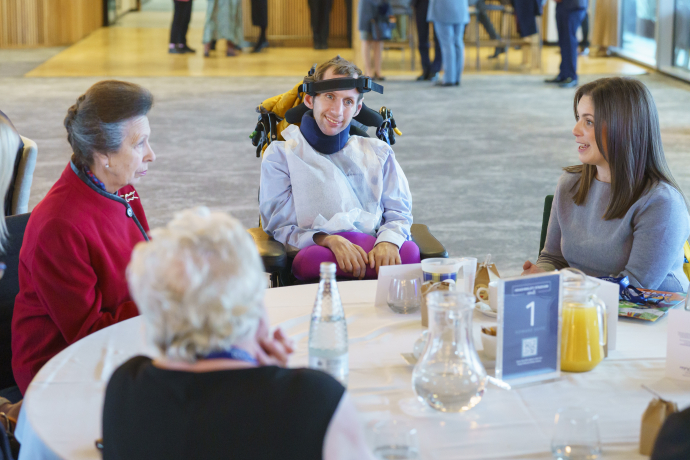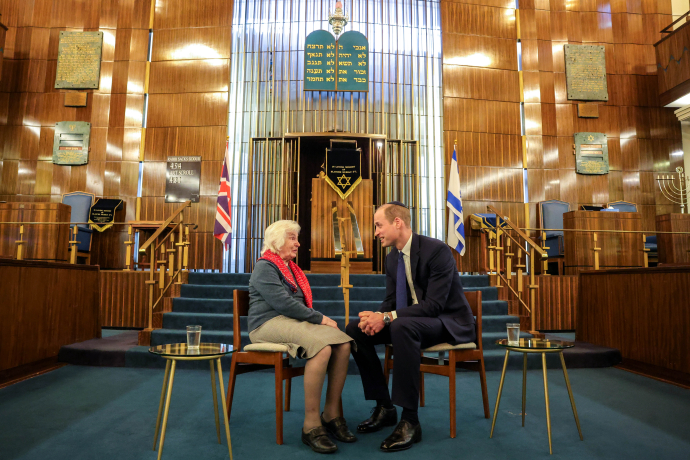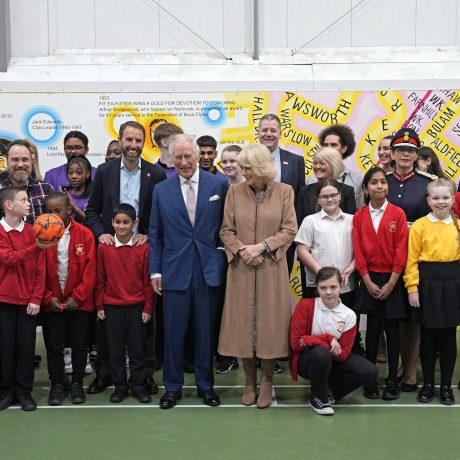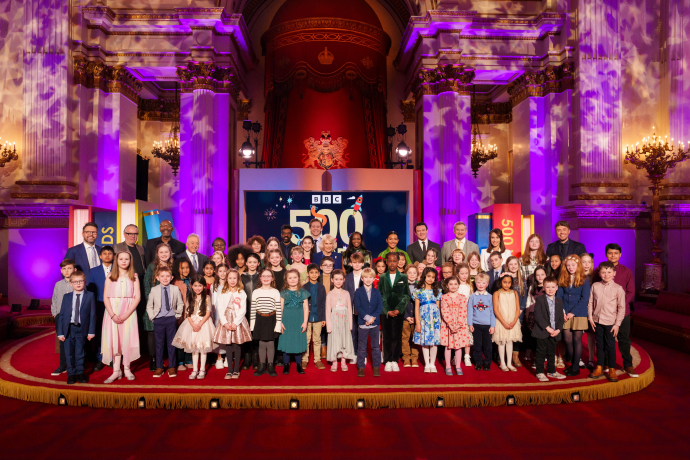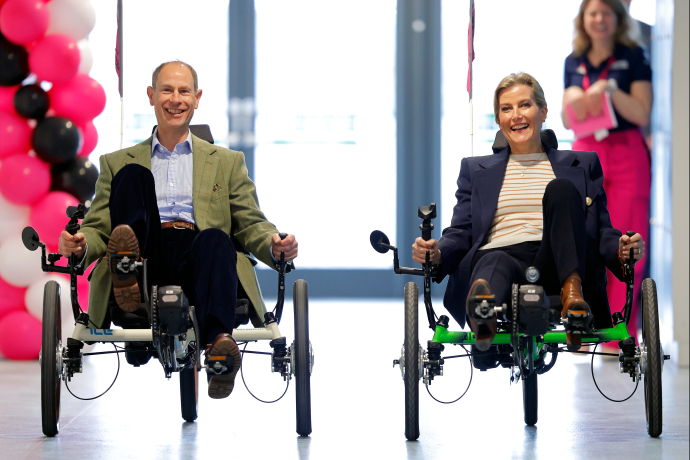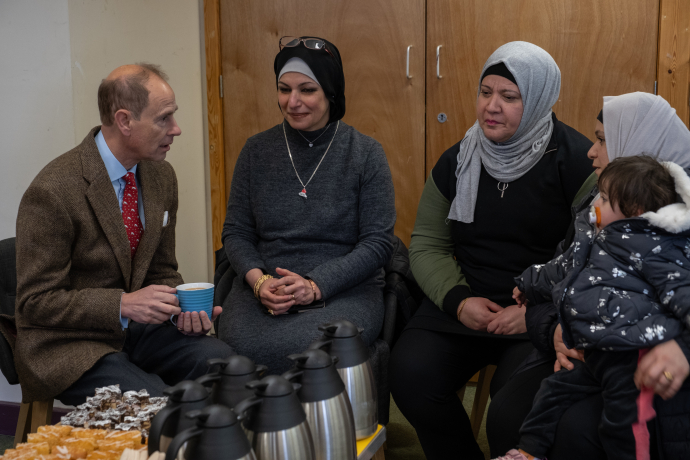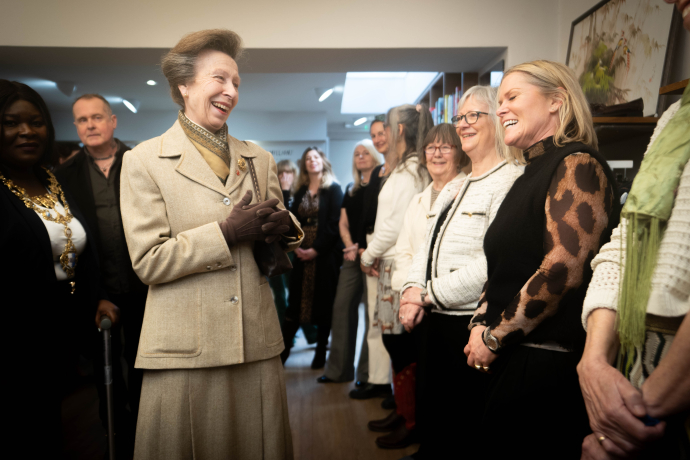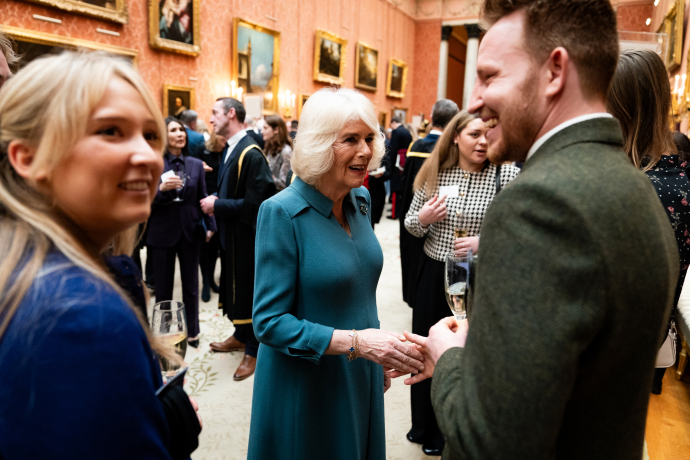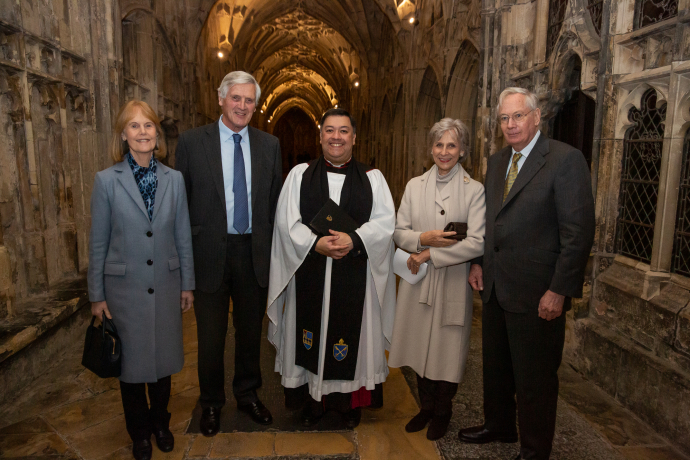The new King or Queen is formally proclaimed at an Accession Council to which certain Privy Counsellors, Great Officers of State, the Lord Mayor and High Sheriffs of the City of London, Realm High Commissioners, some senior civil servants and certain others are summoned. It is usually convened within 24 hours of the death of a Sovereign and is usually held at St James’s Palace.
The Accession Council should be held before Parliament meets, and Parliament should meet as soon as practicable after the death.
The Accession Council, which is presided over by the Lord President of the Council, is divided into two parts:
Part l
A meeting is held by the Privy Council without the Sovereign present.
The purpose of the meeting is to formally announce the death of the Monarch and proclaim the succession of the new Sovereign and to make certain consequential Orders of Council mainly relating to the Proclamation.
Part ll
The Sovereign holds his or her first Privy Council with only Privy Councillors present.
During the meeting the Sovereign reads a personal declaration and takes the oath to preserve the Church of Scotland. An oath to maintain the established Protestant succession, which must be made before the Houses of Parliament, is normally made several months later at the State Opening of Parliament. (Accession Declaration of Elizabeth II, 1952 - UK Parliament)
In London the public proclamation of the new Sovereign is first read by Garter King of Arms at St James's Palace, in the presence of the Earl Marshal and two of the Sovereign's Serjeants-at-Arm. It is also read with similar ceremony in Edinburgh by Lord Lyon King of Arms, in Belfast and Cardiff and in the City of London.
In this photograph, Garter King of Arms is seen reading the Proclamation of The Queen's Accession in 1952:
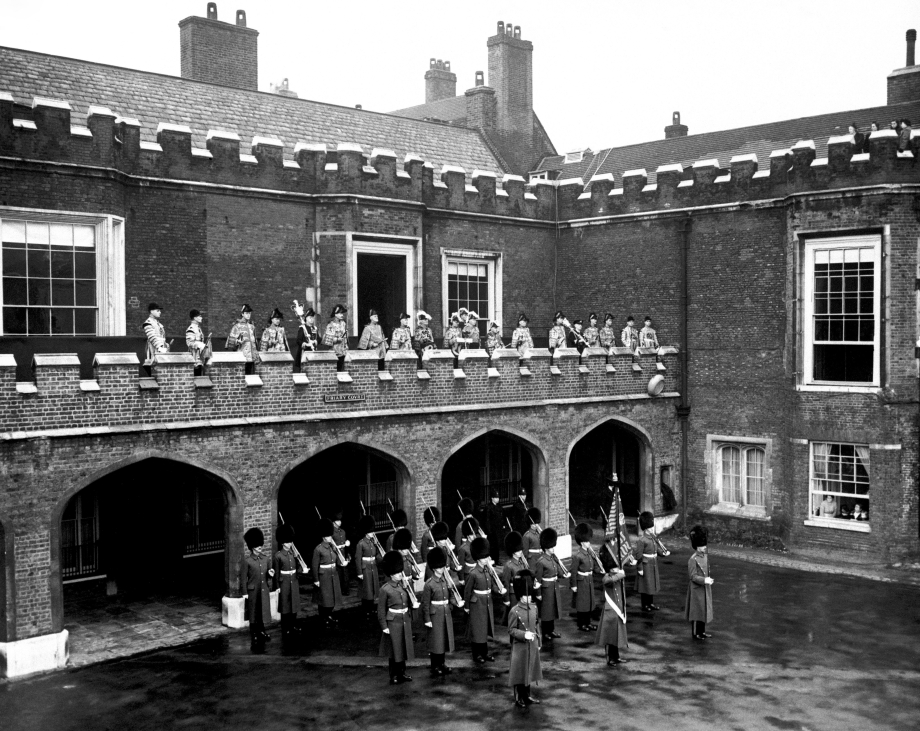
GLOSSARY (in alphabetical order)
GLOSSARY (in alphabetical order)
Great Officers of State
The term Great Officers of State covers a number of roles, some purely ceremonial and two hereditary, which include: Lord High Steward, Lord High Chancellor, Lord High Treasurer, Lord President of the Council, Lord Privy Seal, Lord Great Chamberlain, Lord High Constable and the Earl Marshal.
The Earl Marshal
A hereditary ceremonial role which has been held by The Dukes of Norfolk since 1672. He is responsible for the organisation of State funerals.
Garter King of Arms
Garter King of Arms gives advice relating to Coats of Arms and other heraldic symbols to the Royal Household and the Government. He or she also advises on and takes part in a number of traditional Royal ceremonies, including the annual Garter Day held at Windsor Castle.
High Sheriffs of the City of London
High Sheriffs are independent non-political appointments. The post is held for a year and is voluntary.
The 50+ High Sheriffs serving across the counties of England and Wales help support Royal visits to their areas, as well as being involved in various local community initiatives which might include working with probation and prison services or voluntary organisations involved in crime reduction and social cohesion.
Lord Lyon King of Arms
The Earl Marshal’s equivalent in Scotland.
The Lord Mayor of the City of London
The Lord Mayor of the City of London is the head of the City of London Corporation, the governing body of the Square Mile.
Elected annually, the Lord Mayor of the City of London is an international ambassador for the UK's financial and professional services sector.
The Lord President
The Lord President of the Privy Council presides at Privy Council meetings, and reviews Privy Council matters before they are presented to the Sovereign for approval.
Members of the Privy Council/Privy Councillors
Members of the Privy Council are senior Government ministers and judges.
Although members of the Privy Council are appointed for life, only Ministers of the current Government participate in its day-to-day business
The Privy Council has existed in some form since the 13th century as the group of counsellors advising the monarch. The modern cabinet has evolved from this group.
Orders in Council
Orders in Council are the decisions which are formally taken, and/or the actions which are formally approved by the Monarch during a meeting of the Privy Council. Orders of Council
Orders of Council do not require personal approval by the Queen but can be made by a specified number of “The Lords of the Privy Council”. In this case, the agreement to formalise the Sovereign’s new status.
The Privy Council
The Privy Council deals with some of the more routine, administrative elements of Government, as well as overseeing the affairs of ‘Chartered bodies’ - the 1000 or so institutions, charities and companies which hold Royal Charters.
Privy Council meetings take place on average once a month, attended by the Monarch, and are held standing to ensure brevity and efficiency.
At each meeting the Council requests the Monarch’s formal approval to a number of Orders which will already have been discussed and approved by Ministers. This might include matters such as the design and specification of new coins, the closure of graveyards or the appointment of bank holidays.
Protestant succession
The current line of Succession, which ensures that the Sovereign and his or her successors remain in the Protestant faith as outlined in the Act of Settlement. [https://www.royal.uk/act-settlement-0]
Realm High Commissioners
The equivalent of an Ambassador – a senior diplomatic representative for his or her country - but from a Commonwealth ‘realm’ ie a country which has the Monarch as its Head of State.
There are 14 realms: Antigua and Barbuda, Australia, Belize, Canada, Grenada, Jamaica, New Zealand, Papua New Guinea, Saint Kitts and Nevis, Saint Lucia, Saint Vincent and the Grenadines, the Solomon Islands, Tuvalu, and the United Kingdom.
St James’s Palace
Located just off The Mall in central London, St James’s Palace has a rich Royal history having been a residence of Kings and Queens of England for over 300 years until the reign of Queen Victoria, who chose to live in Buckingham Palace, just a stone’s throw away.
As the home of several members of the Royal Family and their offices, St James’s Palace today hosts up to 100 receptions each year for charities associated with members of the Royal Family.
St. James's Palace retains an important ceremonial function. The Accession Council meets in St. James's Palace following the death of a monarch and the Accession of a new Sovereign is publicly proclaimed by Garter King of Arms from the Proclamation Gallery overlooking Friary Court.
Serjeant at Arms
The Serjeant at Arms is responsible for security within the House of Commons.
The equivalent officer for the House of Lords is the Lady Usher of the Black Rod, known simply as ‘Black Rod’.
There are a number of other Serjeants at Arms whose roles are purely ceremonial.
The painting below shows Queen Victoria holding her first council in the Red Saloon at Kensington Palace on 20 June 1837; William IV had died in the early hours of that morning. She was eighteen years old at the time.
